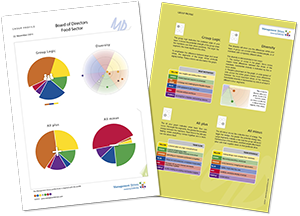
Individual and Team


Team behavioural maps are developed by combining individual maps to provide a dynamic profile of the team.

As a Team:
We describe teams as a dynamic entity:
This facilitates further understanding of how the group will work together:
Teamwork?
Are they really a team, or just a group of individuals. Do they as a group have specific blind spots? ICM can provide an assessment of the diversity in the team and explore potential sub-cultures, tensions or barriers to change.
What behaviours might we expect in this group?
An individual’s behaviour within a team will change, depending on the environment, the task and their peers. ICM identifies the behaviours that can be anticipated from individuals in a given environment. This is essential to be able to change the performance of a team.
How do we move forward?
When looking at the team rejections and energy balances, ICM can identify the areas, tasks and interactions that this specific team will struggle with. Having this knowledge can then lead to focussed, directed support to drive change.
Team diagnostics
We can accurately diagnose the team’s behaviours (positive, negative and exaggerated) and identify the issues facing the team in undertaking its role.
There are no GOOD or BAD teams – the only question is whether the behavioural map for the team is aligned with the objectives of the team.
This allows us to identify and measure the behavioural risk associated with a team’s behaviours. In this, we are unique!
We can develop strategies to transition the team to more effective behaviours, and then make those changes sustainable, because we work with the strengths of the team.



